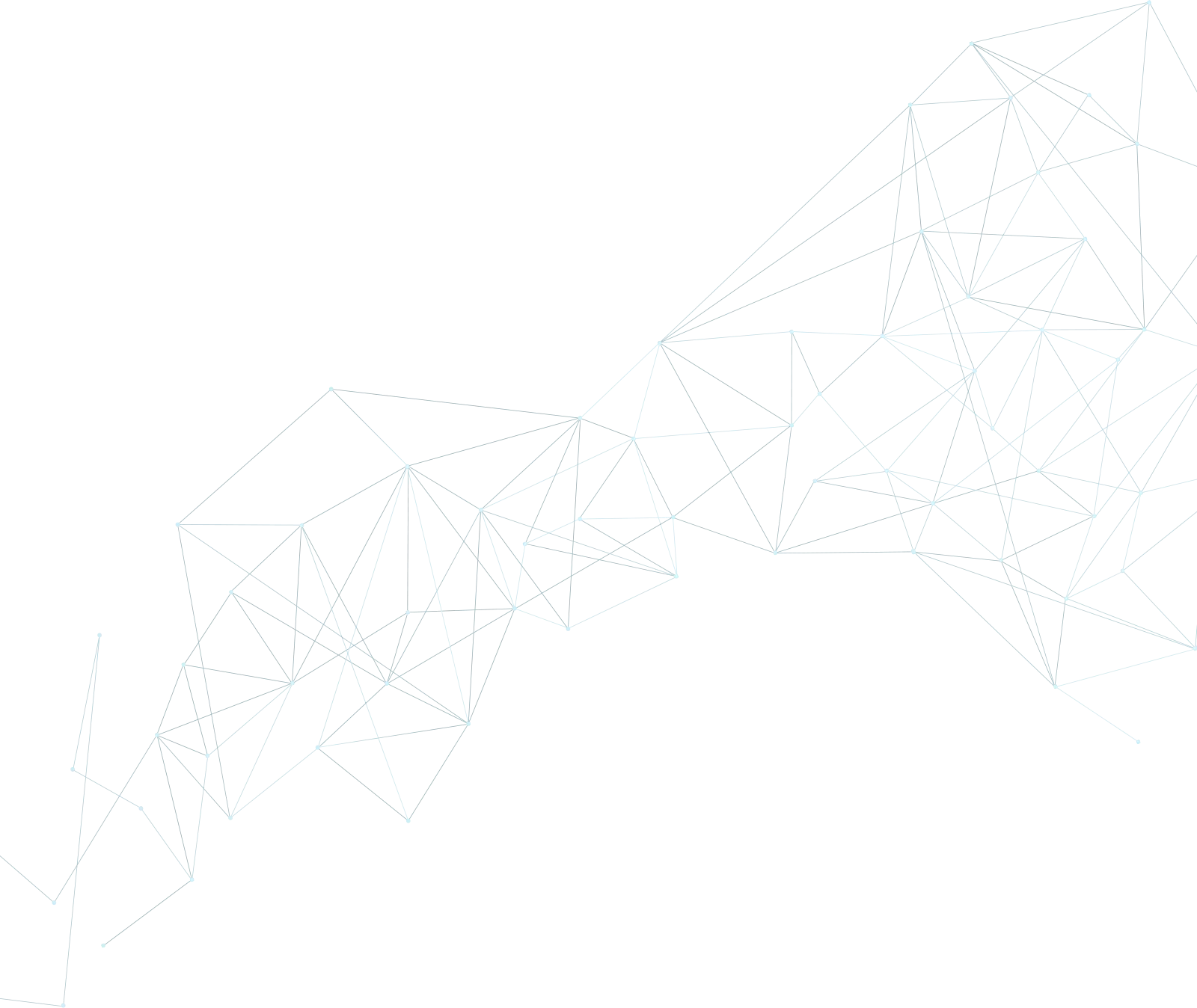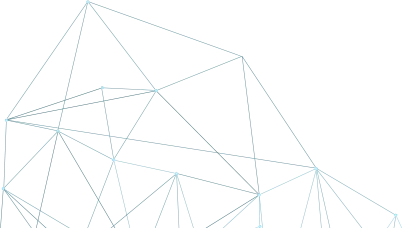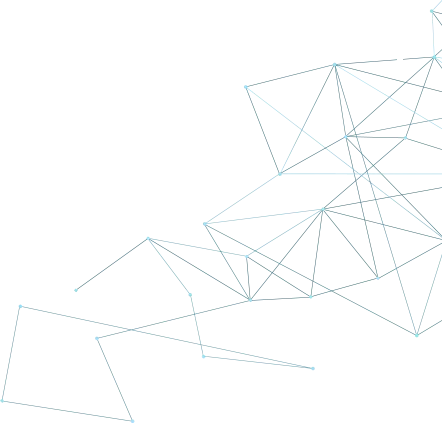
Data Scraping - Track What Your Competitors Do
Unlocking the Potential of Data Scraping Using Proxies
In recent times, data scraping has emerged as a powerful tool in the realm of data analysis and intelligence. It allows us to gather vast amounts of information from the web, which can be used to drive decision-making and uncover invaluable insights across various industries. However, with the increasing volume of data, the challenge lies in accessing this information efficiently and without interruption.
To address this challenge, the use of proxies has become essential. Proxies serve as intermediaries, enabling us to bypass restrictions and rate limits that would otherwise hinder our data scraping efforts. By leveraging proxies, we enhance our ability to collect data seamlessly, ensuring a steady flow of information while maintaining the integrity and privacy of our scraping activities.
A Thorough Insight into Web Data Extraction
Defining Automated Web Data Extraction
Web data extraction, often referred to as web scraping, is a technique we use to retrieve information from web pages. Utilizing this approach, we can convert unstructured web data into an organized format suitable for various uses such as competitive analysis, monitoring market trends, generating potential client lists, among others.
Mechanics of Web Data Extraction
When we undertake the web data extraction process, it typically involves a multi-step procedure. Initially, a data extraction tool---a scraper---initiates a request to the server of the target website. After receiving the HTML content, the tool systematically identifies and collects the necessary data points. Subsequently, it organizes and saves the data into a structured repository like a database or a spreadsheet.
Considering Legal and Ethical Norms
The practice of extracting data from the web, while fruitful, must comply with legal standards and ethical norms. We ensure adherence to the usage policies set by websites, intellectual property rights, and privacy laws. Our approach promotes transparency in data gathering and emphasizes responsible usage of the mined data.
Technologies Utilized in Web Data Extraction
The landscape of web data extraction tools is diverse, catering to various expertise levels. These range from simple browser plugins for casual users to elaborate systems designed for extensive data extraction. Each tool is equipped with unique capabilities to address specific extraction requirements.
Projections for Web Data Extraction Evolution
The evolution of web data extraction continues to progress rapidly as artificial intelligence and machine learning technologies are integrated. These advancements enable us to improve our scraping tools, making them more adept at simulating human navigation patterns and enhancing the efficiency of data collection.
By comprehending the essentials of web data extraction and harnessing appropriate tools, we can capitalize on the copious information the internet offers to inform our decisions and strategies.

Buy Proxy, SOCKS5 & ShadowSocks Now
Buy Proxy now HTTP Proxies or SOCKS5, Dedicated or Shared, Residential or Datacenter. Fully Anonymous and Premium.
Buy ProxyOur Services
We offer a variety of static and dynamic IP solutions designed for legitimate business and technical use, with global coverage tailored to your project requirements.
We answer your questions
Got questions? We've got answers! Dive into our frequently asked questions below.
Web data extraction, or web scraping, is a technique for retrieving information from web pages, converting unstructured web data into an organized format for various applications like competitive analysis, monitoring market trends, and generating potential client lists.
Proxies act as intermediaries, allowing data scrapers to bypass restrictions and rate limits imposed by websites. This enables a more seamless data collection process, ensuring a steady flow of information and maintaining the privacy and integrity of scraping activities.
Adhering to legal standards and ethical norms is crucial to ensure compliance with website usage policies, intellectual property rights, and privacy laws. This promotes responsible data use and transparency in data gathering activities.
The range of web data extraction tools includes simple browser plugins for casual users and elaborate systems designed for extensive data extraction. These tools cater to various levels of expertise and have unique capabilities tailored to specific extraction needs.
Proxies provide several benefits including improved access to data by overcoming geo-restrictions, increased privacy and anonymity in scraping activities, and the ability to scale data extraction efforts without compromising speed or quality.











